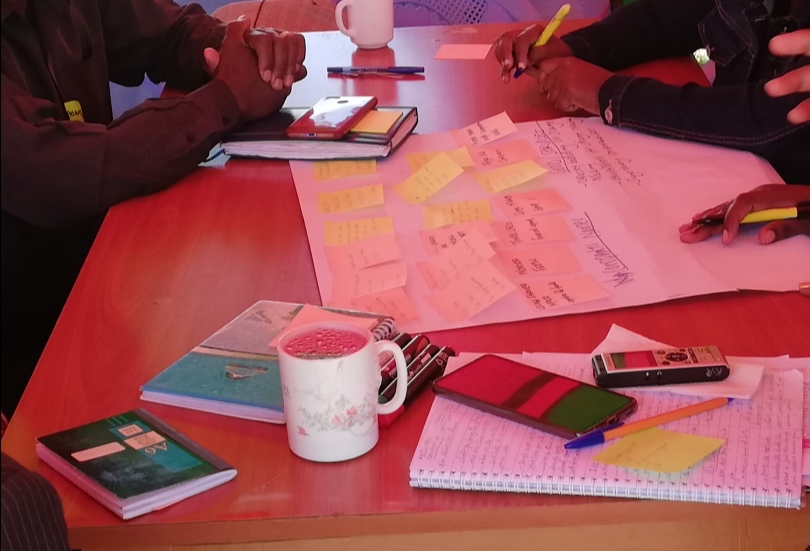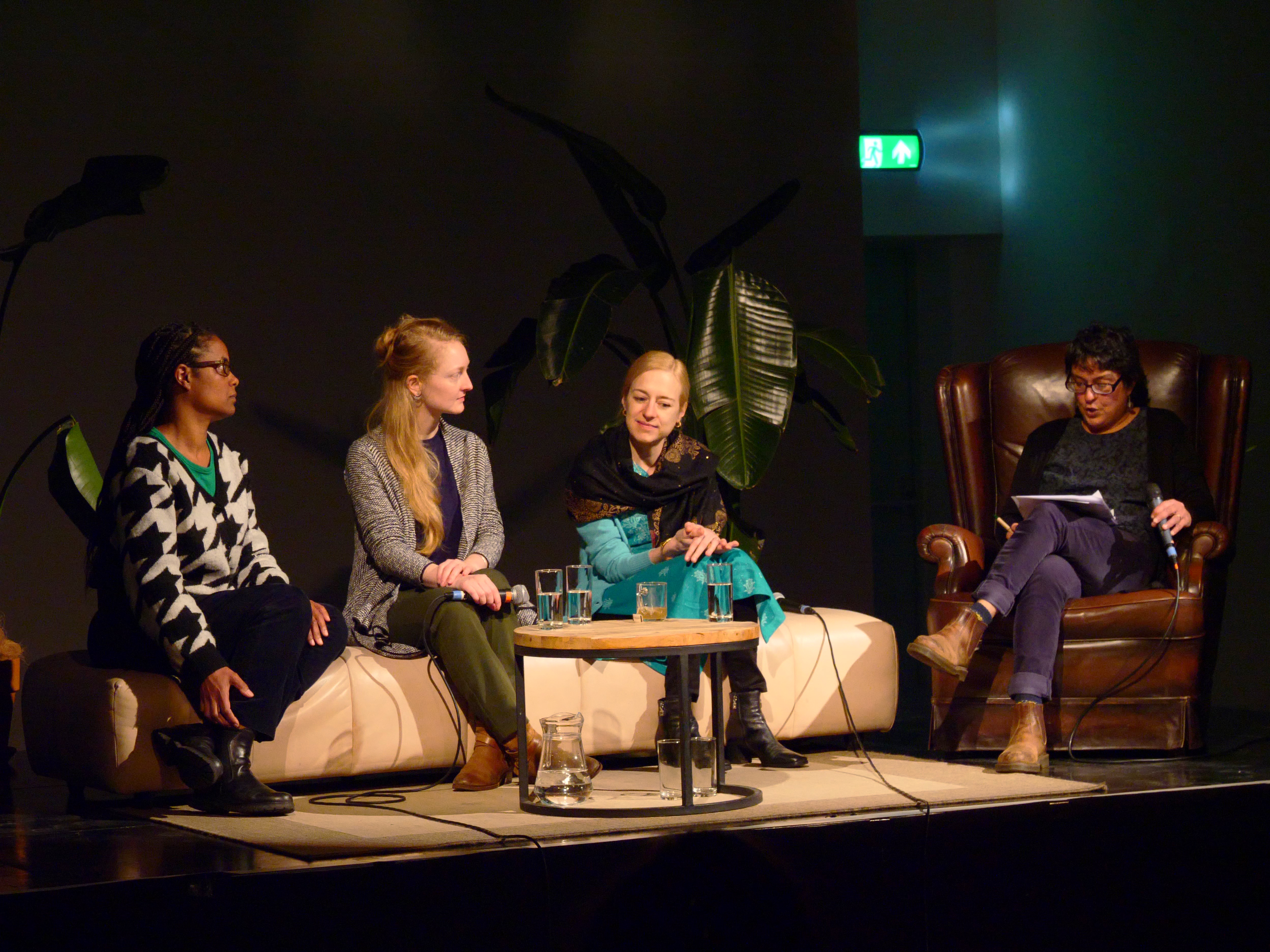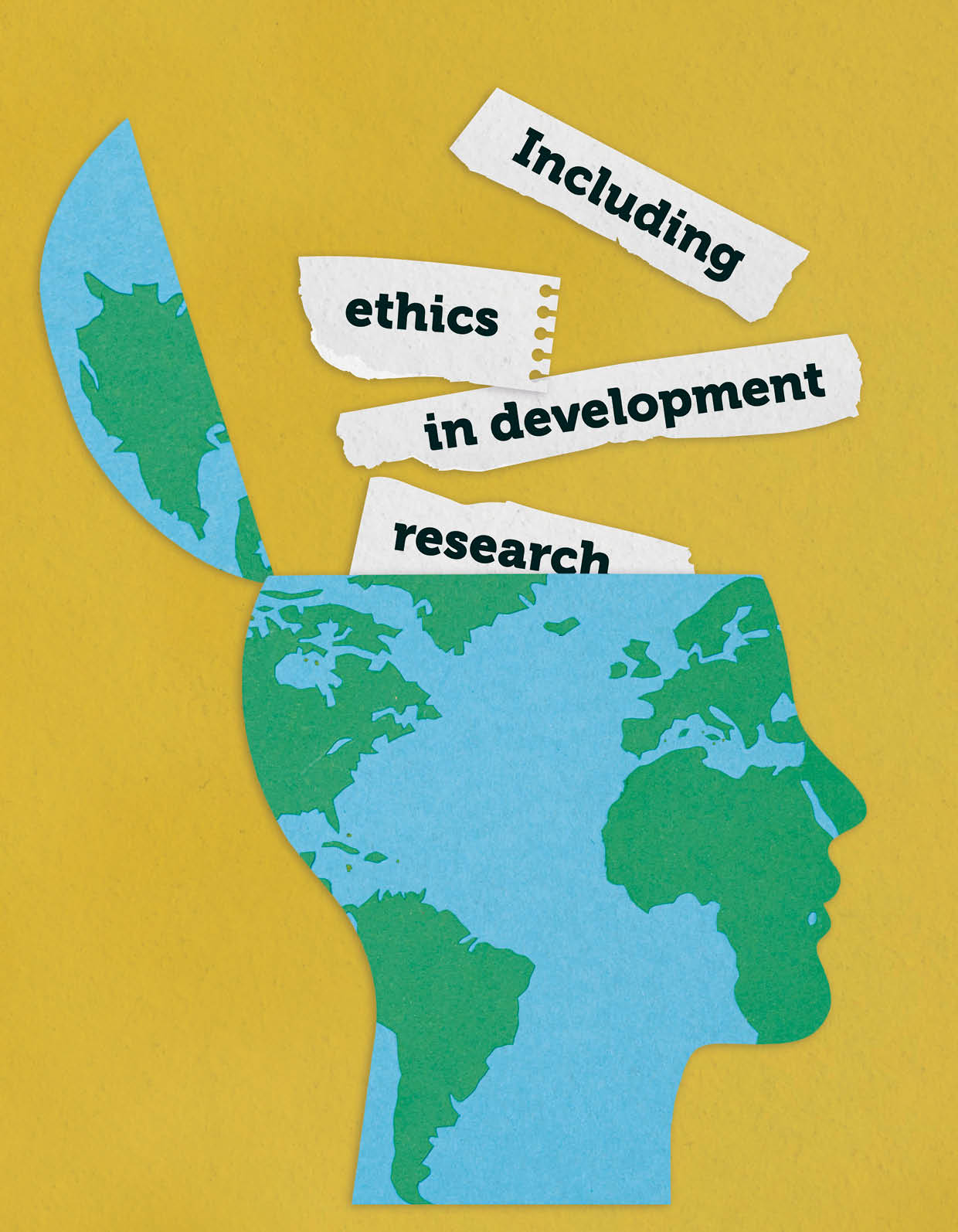The what and how of research ethics
The theme of this DevISSues is research ethics, specifically about how we include ethical considerations in our research. But what are research ethics? And how do we implement them in practice?
A dictionary definition tells us that ethics relates to the science of morals or the rules of conduct (Concise Oxford Dictionary). Though a useful starting point, the ‘science of morals’ does not help us much in practice. As with ethics, we can ask ourselves whose morals, to what end? The ‘rules of conduct’ is possibly more useful, suggesting as it does actionable modes of conduct that determine how we ‘do’ research. The three themed articles in this issue seem to implicitly agree with this definition, highlighting, as they do, the action of research.
In their article, Mena and Stenico focus on the notion of doing no harm (or no risk of harm) during research, while Faling emphasizes the reciprocity between research stakeholders. In her contribution, Hutter lays more focus on developing indicators to measure the quality and ethics of research. Thus though approaching ethics in research from different standpoints, all three articles recognize and highlight that how we implement an ethical approach to our research is very much a continuous process of weighing up the diverging interests and expectations of the various stakeholders and looking closely at the specific context in which they take place. These interests and expectations are dynamic and may conflict with each other - what is ‘right’ for the researcher may not be ‘right’ for the research participant. How we deal with this, when we deal with this, indeed whether we deal with this, is where research ethics come in.
The other articles in this issue also touch on ethics, though not explicitly. In their Staff-student discussion, Siegmann, Nabila, Hatmanti and Wulaningsih examine the treatment and rights of migrant domestic workers, pointing out that despite a decade of conventions, they still face poor working conditions and abuse. Likewise, our Focus article on the recent launch of the Legal Mobilization Platform describes the many ethical and political questions which arise when ‘mobilizing for a just world’. What all our contributors show is that research ethics is an important and complex issue that demands our continued attention.
We hope you enjoy and are inspired by this issue.
Jane Pocock, Editor DevISSues
Including ethics in development research









